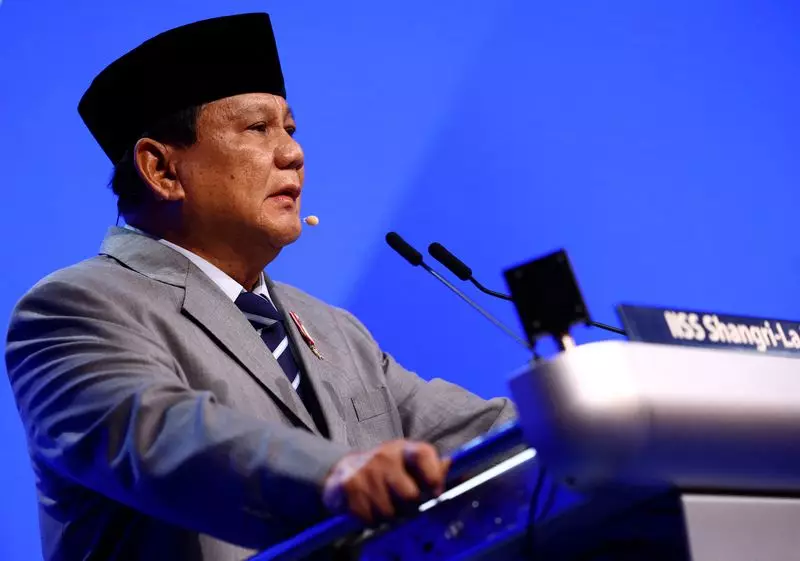Indonesia’s President-elect Prabowo Subianto has been at the center of controversy regarding the country’s public debt and its impact on the economy. With contrasting reports surfacing about his plans to increase Indonesia’s debt-to-GDP ratio to 50%, it is essential to analyze the potential consequences of such fiscal decisions.
Denial of Debt Increase
Contrary to reports suggesting a drastic increase in public debt, a senior aide to Prabowo stated that there are no plans to boost the country’s debt levels to 50% of GDP. This clarification comes in the wake of the rupiah’s decline and bond yields soaring due to concerns over fiscal stability.
Fiscal Prudence and Legal Limits
Thomas Djiwandono, who heads fiscal discussions for Prabowo’s economic team, emphasized the importance of fiscal prudence and adherence to legal limits on debt and deficits. While Prabowo has expressed the need for bold actions to drive economic growth, he remains committed to staying within the boundaries of responsible fiscal management.
The uncertainty surrounding Prabowo’s fiscal policy has raised concerns among ratings agencies and investors. The fear of costly programmes potentially derailing Indonesia’s fiscal stability has intensified scrutiny on the incoming president’s economic agenda.
Fiscal Management Strategies
Discussions between Prabowo’s team and Finance Minister Sri Mulyani Indrawati have centered on strategies to increase revenues, review spending, and make room for development programs while staying within legal limits. The focus remains on maintaining a deficit under 3% of GDP by 2025 to uphold Indonesia’s reputation for sound fiscal management.
Despite facing challenges such as rising debt ratios and increased spending during the COVID-19 pandemic, Indonesia has a history of prudent fiscal policies. Sri Mulyani’s efforts to reduce annual deficits have been instrumental in mitigating the impact of economic shocks and maintaining investment-grade ratings.
Indonesia stands at a critical juncture as it prepares for a transition in leadership and defines its economic trajectory under Prabowo Subianto. The balancing act between growth-oriented policies and fiscal responsibility will shape the country’s economic future and its standing in the global market. It is imperative for the incoming administration to prioritize sustainable economic growth while safeguarding the gains made in fiscal management over the years.

